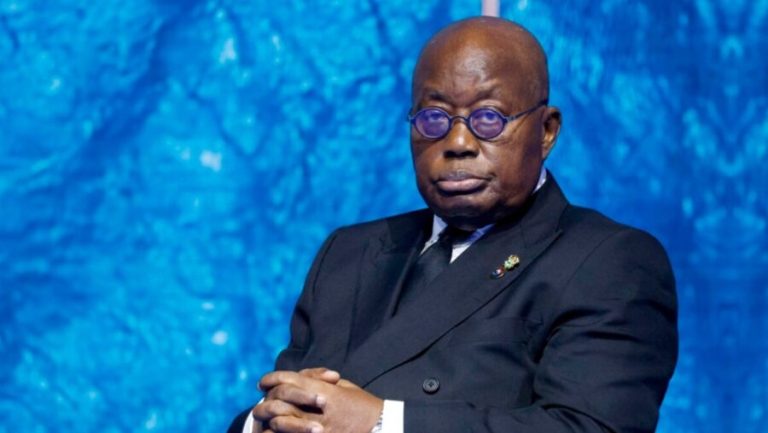As part of the debt restructuring deal with its official creditors, the Ghanaian government has secured a moratorium until May 2026 from its official creditors.
This was revealed by the Ghanaian Finance Minister, Ken Ofori-Atta in an interview with Bloomberg at the World Economic Forum 2024 in Davos, Switzerland.
Speaking publicly about the debt restructuring deal for the first time, Ofori-Atta outlined the terms of the deal reached in principle last week.
He noted that Ghana’s repayments for the $5.4 billion bilateral obligations will be made in two instalments, with the first due in 16 years and the second in 17 years.
Essentially, payments originally scheduled for 2023 are now set to be repaid in 2039 and 2040, while those due in 2024 will be rescheduled to 2040 and 2041.
He also added that the bilateral lenders have concurred to waive debt-service payments on $2.8 billion of bilateral obligations during the period from 2023 to 2026.
Ofori-Atta noted that as part of the agreement, Ghana’s bilateral lenders have agreed to shift the date for considering loans included in the reorganization plan. Instead of only including loans taken until March 2020, they’ve extended the cut-off date to December 2022.
- Ofori-Atta said, “China had its issues, the bilaterals also all had issues. At the end of the day all the parties, whatever it is they were looking for, have been fulfilled.”
The agreement paves the way for the IMF board to sign off on the release of the second tranche of $600 million to Ghana as part of the country’s $3 billion IMF program. Additionally, the agreement is expected to unlock approximately $550 million from the World Bank for Ghana.
According to Bloomberg, Ghana’s agreement is recognized as one of the fastest within the G20 Common Framework for Debt Treatment, as it was concluded in just over a year.
It is reported that Ethiopia and Zambia are in the process of negotiating debt restructuring deals under the same framework.
Ghana’s Negotiation with its Eurobond Holders
The Ghanaian government is expected to reach an agreement with its $13 billion Eurobond holders by the end of March.
Ofori-Atta has noted that dealing with the official creditors helps to “build momentum and confidence” for restructuring the Eurobond debts.
- Speaking to Bloomberg, he noted, “There’s a sense globally that Ghana has done its part and therefore talking to the Eurobond investors, there’s a sense of urgency.”
Based on the principle of “comparability of treatment” within the G20 Common Framework for Debt Treatment, it is expected that the negotiations with the commercial debtors will follow the framework set by the negotiation with the bilateral lenders.
Recall that in December 2022, Ghana suspended debt service payments on all its Eurobond loans, commercial loans, and bilateral debts.
Then in October 2023, the proposal put forward involved a potential 40% haircut for dollar bond investors, alongside the issuance of new financial instruments featuring maturities of up to 20 years and a 5% coupon.
However, the terms will be affected by the agreement made with official creditors on January 12th, Ofori-Atta noted.

